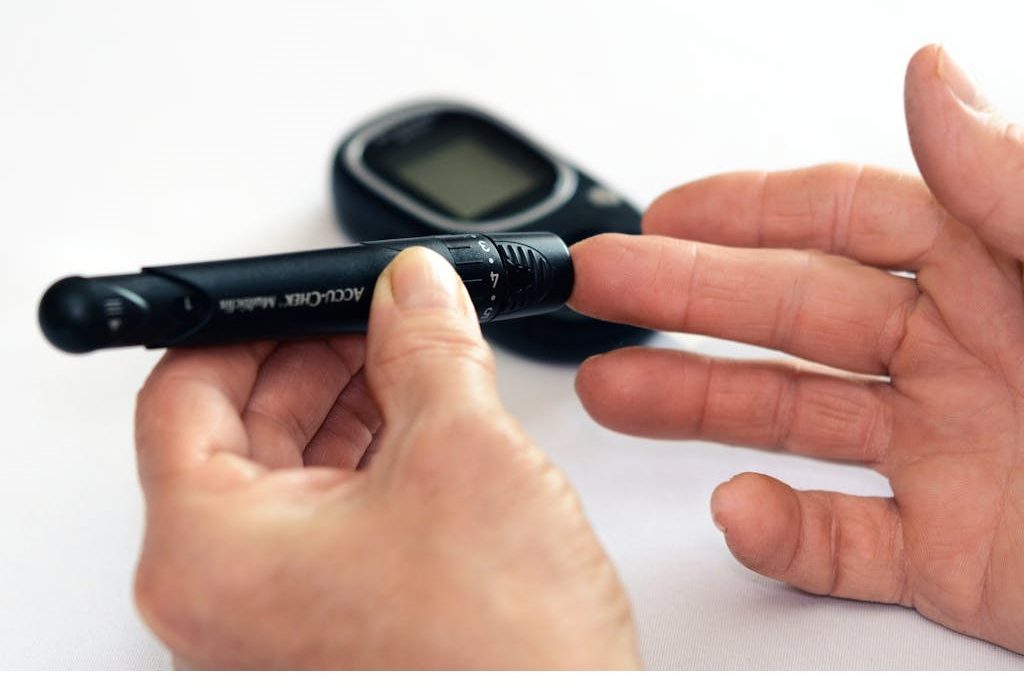Unraveling the Enigma of Diabetes
Diabetes is a widespread chronic condition characterized by high blood sugar levels resulting from the body’s inability to produce or effectively use insulin, the hormone responsible for regulating blood sugar. With over 400 million people affected globally, diabetes presents a significant health challenge. Understanding its symptoms and effectively managing the condition are vital steps towards maintaining optimal health and preventing complications.
Decoding the Symptoms
Diabetes can manifest through various symptoms, which may include:
Frequent Urination:
Excessive glucose in the bloodstream prompts the kidneys to work overtime, leading to frequent urination.
Excessive Thirst:
Dehydration resulting from increased urination can cause persistent thirst.
Unexplained Weight Loss:
Despite consuming more food, individuals may experience unexplained weight loss due to the body’s inability to utilize glucose efficiently.
Fatigue:
Elevated blood sugar levels can lead to feelings of fatigue and weakness.
Blurry Vision:
Fluctuating blood sugar levels can impact the shape of the eye’s lens, affecting vision clarity.
Slow Wound Healing:
Diabetes can impair the body’s ability to heal wounds, leading to delayed healing.
Strategies for Effective Management
Managing diabetes requires a multi-faceted approach that encompasses lifestyle modifications, medication adherence, and regular monitoring:
Healthy Eating:
Adopting a balanced diet rich in whole grains, fruits, vegetables, lean proteins, and healthy fats can help regulate blood sugar levels and promote overall well-being.
Regular Exercise:
Engaging in physical activity helps improve insulin sensitivity, lower blood sugar levels, and enhance cardiovascular health. Aim for at least 30 minutes of moderate-intensity exercise most days of the week.
Medication Adherence:
Taking prescribed medications as directed by healthcare providers is crucial for controlling blood sugar levels and preventing complications.
Blood Sugar Monitoring:
Regularly monitoring blood sugar levels using a glucose meter allows individuals to track their progress and make informed decisions about their treatment plan.
Stress Management:
Stress can adversely affect blood sugar levels. Practicing stress-reduction techniques such as deep breathing, meditation, or yoga can help manage stress levels and promote overall well-being.
Regular Medical Check-ups:
Routine visits to healthcare providers are essential for monitoring diabetes control, assessing for complications, and making necessary adjustments to the treatment plan.
Empowering Individuals with Diabetes
While diabetes presents challenges, it’s essential to empower individuals with the knowledge and tools needed to manage their condition effectively. By understanding the symptoms of diabetes, adopting healthy lifestyle habits, adhering to medication regimens, and staying proactive about monitoring blood sugar levels, individuals can take control of their diabetes and reduce the risk of complications. With proper management and support from healthcare professionals, individuals with diabetes can lead fulfilling lives and achieve optimal health.







